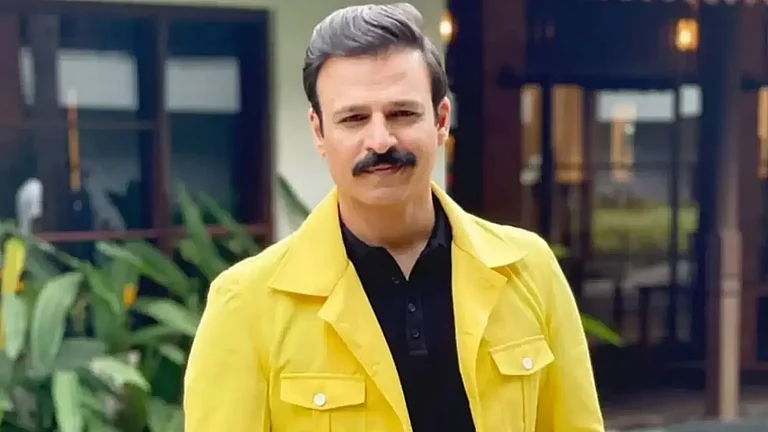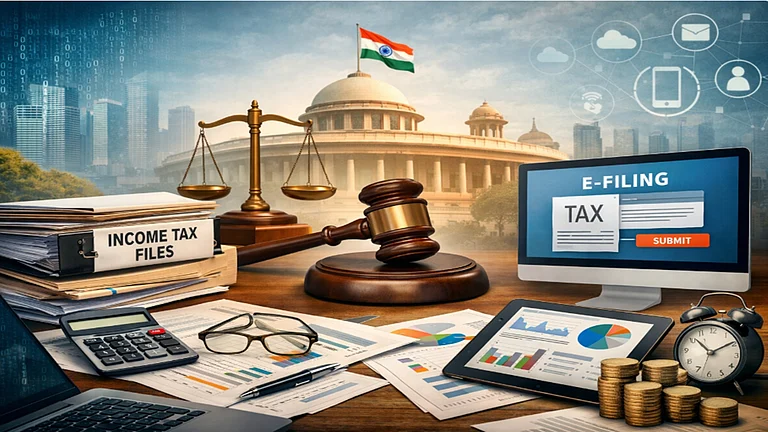Buying a car is not an easy decision. You have a series of models to choose from, and you also have the option to choose whether to buy an old or a new car. However, it’s still not considered to be an investment, as the value of a car depreciates over time. Hence, you need to be very cautious about its efficiency and cost-effectiveness. For example, what is the price of the car versus how many kilometres (km) you would be driving it? If you plan to drive a short distance, does it make sense to buy it?
In case you are buying a second-hand car, you would need to factor in aspects such as maintenance costs, and mileage. Also, how cost-effective the car would be in the long run?
When you are buying your first car, it’s a tricky and emotional situation. While you have a medley of options to choose from, since it’s your first car buy, you might feel confused about whether it makes sense financially to go for a first-hand or a second-hand car.
It’s a fact that the value of a car depreciates over time, so it can’t exactly be called an investment. Hence, you would have to base your decision of buying a first-hand car on a few factors: what is the cost of the car? How long do you want to use it? How many kilometres do you want to drive with it? If you are not planning to live in your city for over three years, does it make sense to buy it?
Similarly, if you want to buy a second-hand car, you would have to factor in aspects such as maintenance cost, how old is it, what is its mileage, and how expensive is it, among others.
Is it beneficial to buy a first-hand or a second-hand car? According to experts, a second-hand car is an option when you would like to buy a premium vehicle and can do so without stretching your finances too much. For instance, Sedans from segments C and D lose as much as 40 per cent of their value in the first year alone. A premium model which retails new for almost Rs 25 lakh can be had for around Rs 15 lakh. So if you are looking to acquire a higher-segment car, a well-maintained pre-owned car could be a good alternative.
That said, getting a loan for a used car is tougher. “The average lifespan of a car is usually considered to be 15 years. Most banks may not fund a car older than eight years. In this case, the tenor of the loan will not exceed that period. So, if you are buying a five-year-old car, your loan tenure will not be more than three to five years. Also, most banks will not finance more than three resales. In addition, the interest rates for used car loans generally tend to be higher compared to new car loans. While the new vehicle comes with the manufacturer’s guarantee on the vehicle and parts, that is not the case with a used car. There is no clarity on the state of the car, the number of accidents that have happened, the condition of the parts and the engine, etc. So very little history of the vehicle can be ascertained and this is considered as a drawback,” Abhinav Kaul, senior vice president (SVP), partnerships, BankBazaar.com said.
According to a Centre For Science and Environment study, called “How to manage urban India’s parking needs,” a car is parked 95 per cent of the time but due to better safety compared to a two-wheeler and poor public transport one has no option but to consider buying a car for use. “Many a time one has limited means and going for a new car entails paying a higher price initially. So one can consider buying a second-hand car at a lower initial cost but one has to prepare oneself for lower fuel mileage and higher expenditure on service,” Abhishek Kumar, a Securities and Exchange Board of India (Sebi) registered investment advisor (RIA), and founder, Chief Investment Advisor of SahajMoney, a financial planning firm said.
For example, if Mr. A buys a new car worth Rs 6 lakh with Rs 1 lakh of downpayment and Rs 5 lakh car loan for five years with equated monthly instalment (EMI) of Rs 10,000 at 9.25 per cent per annum. So over five years, one would pay back Rs 6 lakh to the bank. So the total cost of purchase would be Rs 7.5 lakh.
Also, over this period if one drives this car for an average of 200 km per week then if fuel costs Rs 100 per litre and fuel mileage is 10 Km/litre the cost per km would be Rs 10. So over five years, one would spend Rs 5 lakh on fuel.
“Finally, the cost of insurance and maintenance over five years would be around Rs 1.5 lakh. At the end of five years if one can sell the car for 50 per cent of the car price then he would be able to realize Rs 3 lakh. So the total cost of a new car over five years after adjusting the resale value would be Rs 11 lakh,” Kumar said.
In comparison to this if Mr. Y buys a three-year-old second-hand car worth Rs 4 lakh with Rs 1 lakh of downpayment and Rs 3 lakh car loan for five years with EMI of Rs 7,000 at 14.5 per cent per annum. So over five years, one would pay back Rs 4.2 lakh to the bank. So the total cost of purchase would be Rs 5.2 lakh.
Also, over this period if one drives this car for an average of 200 km per week then if fuel cost is Rs 100 per litre and fuel mileage is 8 km/litre the cost per km would be Rs 12.5. So over five years, one would spend Rs 6.5 lakh on fuel.
Finally, the cost of insurance and maintenance over five years would be around Rs 1.5 lakh. At the end of five years if one can sell the car for 25 per cent of the car price then he would be able to realize Rs 1 lakh. So the total cost of a second-hand car over five years after adjusting the resale value would be Rs 12 lakh. Hence it makes sense to go for a new car.
Finally, you can go for an old car when you are just picking up driving. There are concerns of accidents and all at this stage while driving. Also, given the depreciation rate for an old car is lower than a new car, any damage will directly impact the resale value of a car. Also, when your new car gets damaged, it affects you more psychologically than an old car.
Hence, buying a new car has many advantages. It always feels much better to have a brand new plush car as your first car, for which you can decide the colour, the seat type, etc. that suits your taste. You also need not go for car servicing or repair too many times. For a new car, almost no maintenance is required for the first six months or the first 1000 km. Also, the first few services are free.














